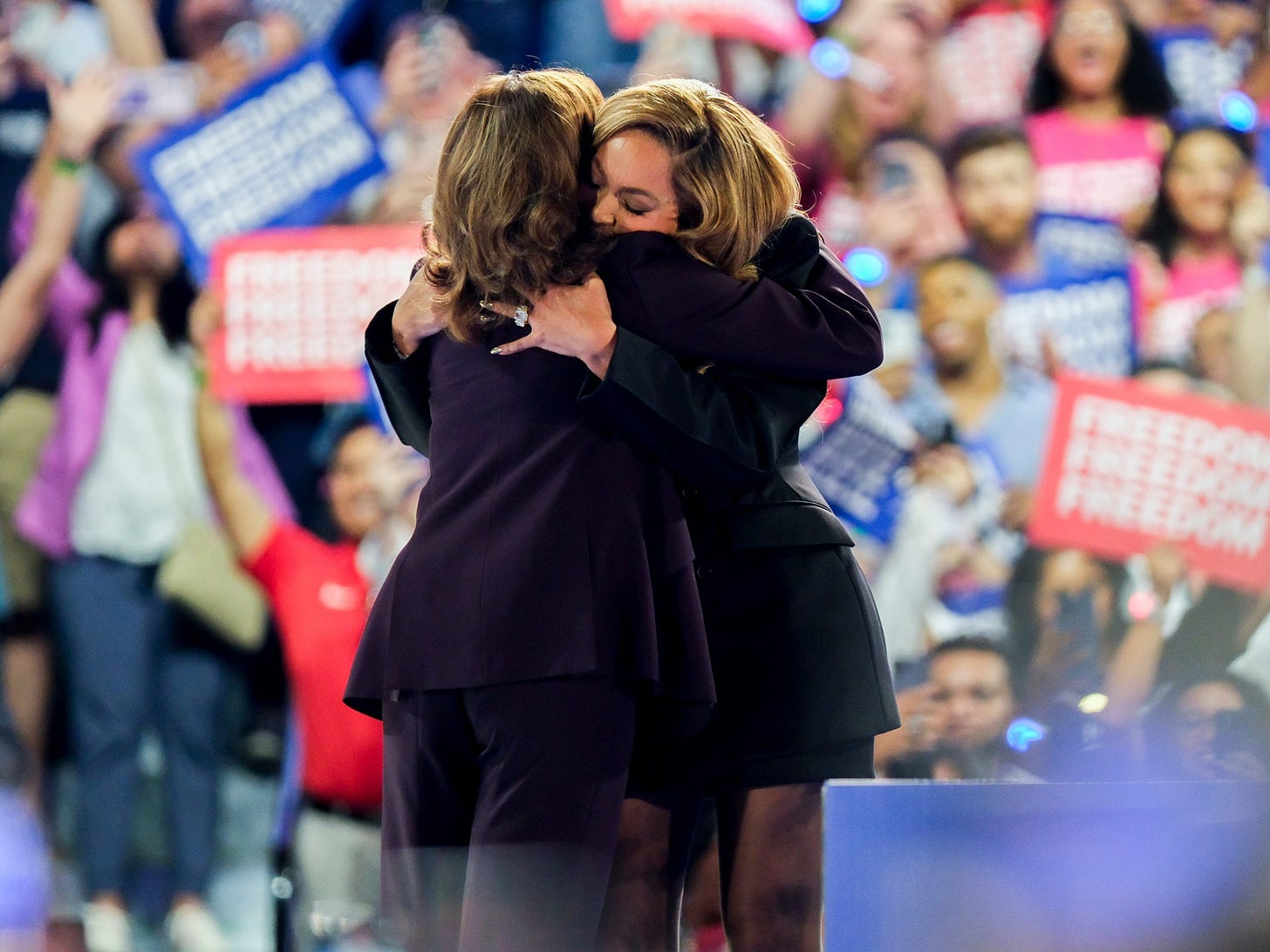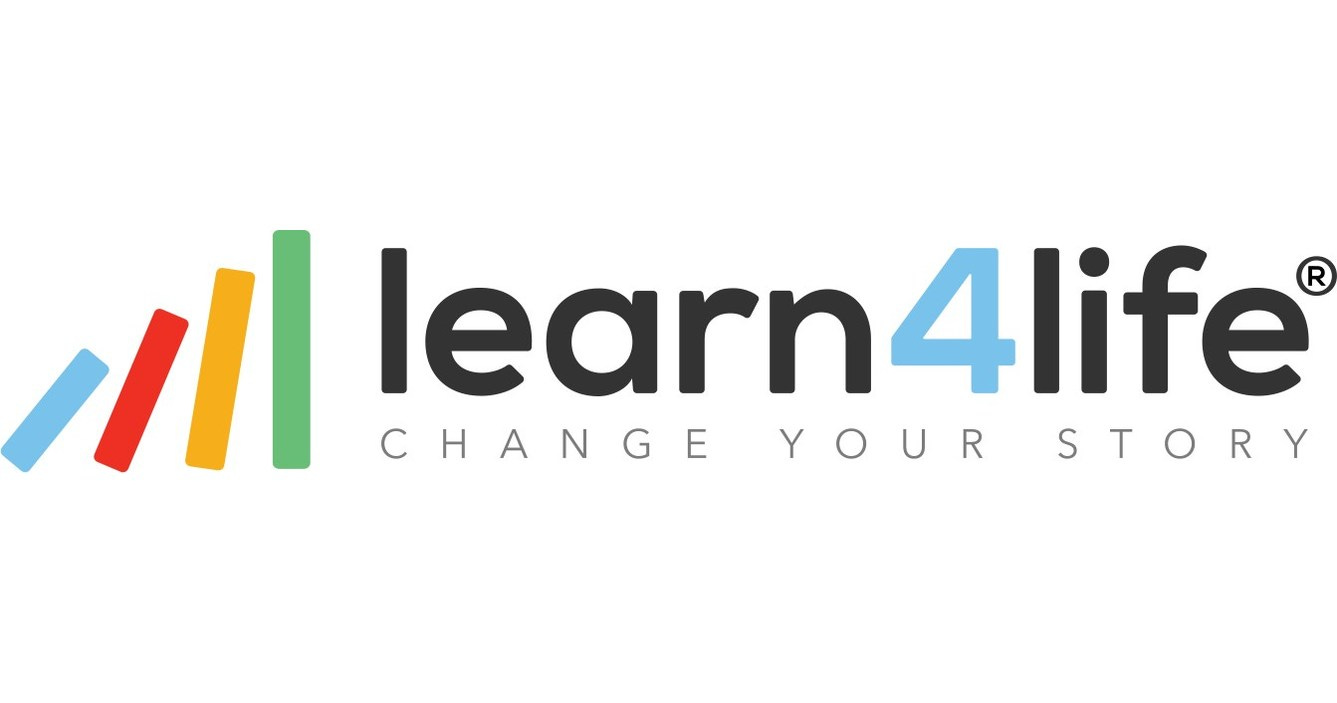Do Celebrity Endorsements Even Work?
Sanchez | a Learn4Life CLMI feature
When it comes to public opinion and influencing voters, celebrities could play a big part. After all, they have millions of devoted fans who listen closely to either their words of motivational encouragement or songs full of inspirational lyrics. Campaigns are then regularly tempted to find that perfect celebrity to endorse the candidate who can mean more votes, public support, and broader awareness.
There has been some considerable debate during recent election cycles concerning the way voters respond to celebrity endorsements. We can see several years ago how most adults, actually, weren’t swayed by celebrity endorsements as a February 2020 study from Pro Morning Consult noted …
Fast forward to the 2024 election, and it’s a similar sentiment where just a fraction of Americans - 1 in 10 according to YouGov - are swayed by celebrity endorsements. As YouGov reveals, most Americans are increasingly annoyed by celebrity endorsements …
Meanwhile, Democrats appear more likely to vote than Republicans due to celebrity endorsements and to claim that such endorsements help democracy rather than disrupt it …
Take the case of Taylor Swift’s early September endorsement for Vice President Kamala Harris. Within 24 hours, a record 406,000 people had visited Vote.gov.
Is There Really An Impact?
Celebrities have the power to bring attention to politics and what they feel is right. A celebrity endorsing a policy position can still impact the public’s opinion or even push policymakers into action. One example was when Kim Kardashian used her platform to advocate for criminal justice reform and influenced former President Donald Trump to grant clemency to certain individuals.
As a result, celebrities with a certain level of resources, knowledge, and ability to influence others and their opinions can be very powerful. Beyonce’s “October surprise”-like endorsement of Harris was a massive event drawing 30,000 people into one stadium - the campaign’s “largest to date,” as it described. While very few voters are persuaded by celebrity endorsements, it could mean the difference in a tight presidential election and maybe even a down-ballot race: Beyonce has an Instagram following of 314 million versus Swift’s 283 million. Plus, she’s from Texas where there’s a contentious Senate race between Democrat Colin Allred and incumbent Republican Sen. Ted Cruz.
Most celebrities have a fan base of young people. Young people who may not be of age to vote can still share their enthusiasm with others by posting endorsements for voting-age friends to see, prompting them to spread the word to their friends, family and others. As a study published in 2016 found “ … young citizens are cautiously positive about celebrities and politicians using social media“ This means that they will get the encouragement and motivation to do their research, get an opinion, and participate in the election by registering to vote, and ultimately voting.
Although it depends on the amount of fans celebrities have following them, they can still get a likely amount of attention from people if their fans re-post their endorsement. A somewhat rare example of this is when Oprah Winfrey publicly endorsed former President Barack Obama in 2007. That was a turning point. She officially backed him up that same year and made her first campaign appearance for him in December of that year. Economists Craig Garthwaite and Tim Moore estimate that Winfrey’s endorsement for Obama brought in over a million votes and likely helped secure his Democratic primary win …
Still, conversely, when Taylor Swift in 2018 endorsed Democrat Phil Bredesen for Senate in Tennessee during a major midterm cycle, he lost. By her standards, however, it was a successful experiment: 65,000 Americans ages 18-29 registered to vote within 24 hours after that endorsement on a Sunday night. By noon on the Tuesday after, the number of 65,000 grew to more than 102,000. However, as national elections become increasingly polarized, celebrities are deciding to temper their profiles out of an abundance of caution for themselves and the candidates. That said, in the last hours of a tight election, celebrity endorsements or even an implied relationship between candidate and celebrity, could carry the difference.
ESMERALDA SANCHEZ is a Fellow at the Center for Civic Literacy and Media Influence at Learn4Life










